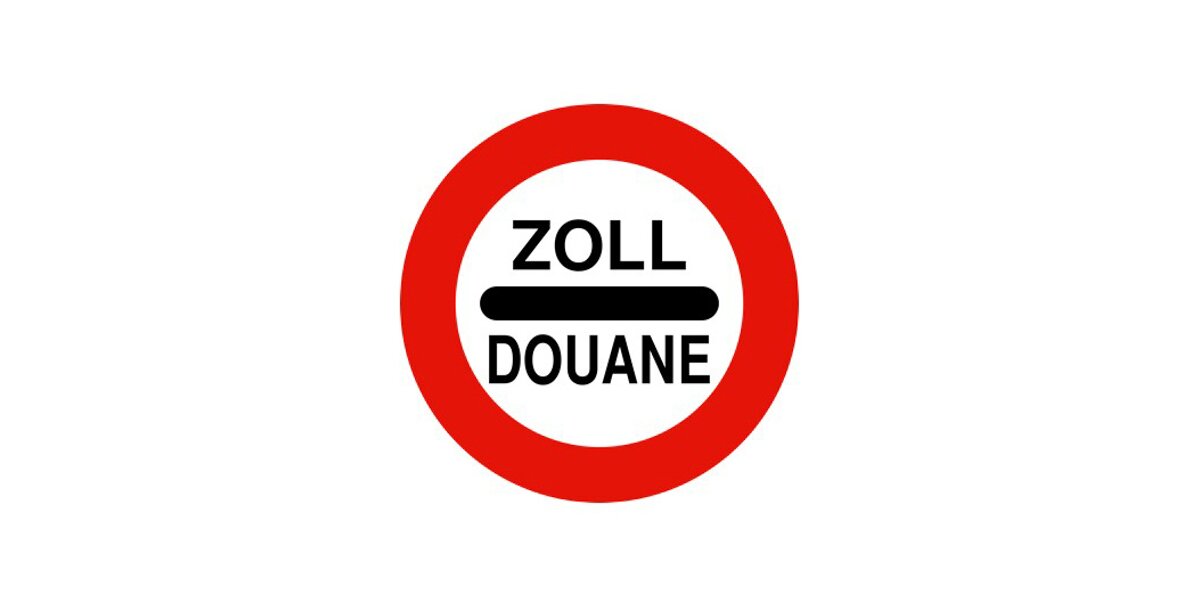Crossing the border in a business car – what you need to know

Contact
Öffnungszeiten:
Monday to Friday
08.00 - 12.00 h / 13.00 - 17.00 hFernsupport durch Caminada:

Let us assume that your employee also uses the company car for private purposes. It's okay with you. Now it's time for holidays in Tuscany. Your employee is checked at the border crossing point: the car is not registered to the driver. Theft? Car trafficking? No, a private ride in a business car. Proof? None, because your employee does not have a written permit to use the vehicle. Now it gets complicated and (very) expensive. In the worst case the vehicle can be confiscated. This does not have to be the case if you know the following points:
If your employees drive their business car across the border, they need a permit or confirmation from the owner. In this case, the driver is not also the registered owner of the car. Depending on the country you are travelling to, you may even have to have this permit certified. For example, if you cross the border to Italy.
The TCS offers a permit form on its website. Please fill it out correctly and give it to your employee on the trip.
Our recommendation: To avoid unpleasant surprises and fines, you should always carry the following documents with you when travelling abroad:
By the way:
Your employee has made it across the border with a great deal of administrative effort. In Tuscany he visits friends and drinks a glass of red wine at the customs frustration. He no longer wants to drive. The friend, who lives in Italy, didn't drink anything and therefore drives the car. The next problem starts already: Vehicles may only be driven abroad by persons who live in the same country as the vehicle is registered. In this case it's Switzerland. According to the TCS, Italy is very strict with regard to customs restrictions: the fine is between 712 and 2848 euros and the vehicle will be confiscated. The journey would only be legal if the car had been (additionally) cleared and taxed in Italy.
This is the case in all countries, including Switzerland. Example: You live in Switzerland. Your friends from Germany visit you with a vehicle registered in Germany. You are not allowed to drive the vehicle in Switzerland. Because the vehicle is neither duty paid nor taxed in Switzerland. It may therefore only be driven by people who do not live in Switzerland. Citizenship is not relevant here.